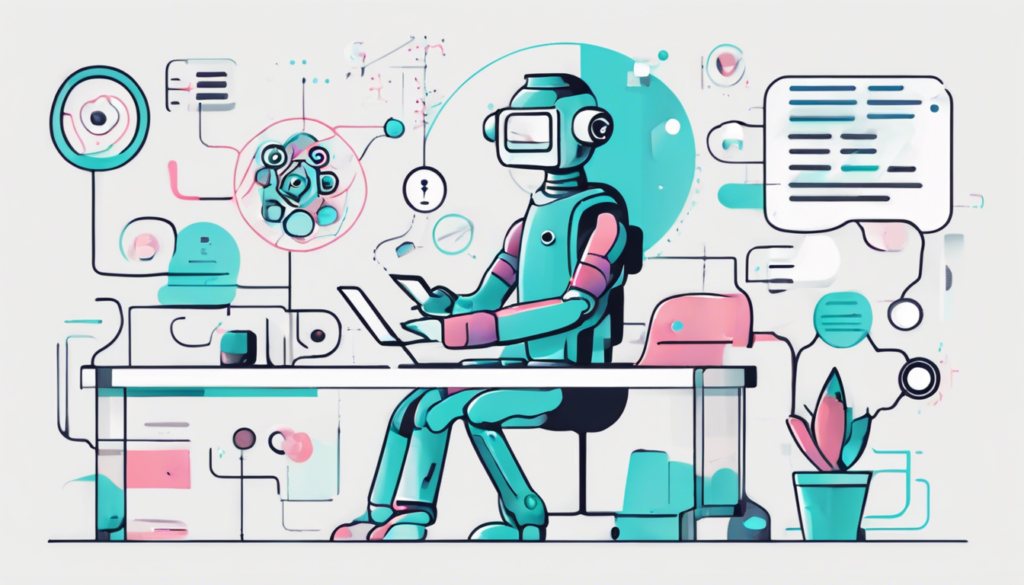IFS.ai Industrial AI Scenarios
IFS has launched an impressive suite of over 60 Industrial AI scenarios as part of their Cloud 24R2 release. These scenarios are meticulously integrated into IFS’s ERP, Asset Management, and Service Management solutions, demonstrating a comprehensive strategy for embracing AI across various industrial platforms. The implications of such integration are profound, offering companies the tools required to usher in an era of more streamlined and efficient industrial operations.
These scenarios aim to cater to a broad spectrum of industries including manufacturing, energy, construction, aerospace, and telecommunications. Each industry stands to gain significantly, as the deployment of these AI solutions can revolutionize productivity, optimize efficiency, and contribute to environmental sustainability. By tailoring AI applications to specific industry needs, IFS is providing a bespoke approach that maximizes the potential benefits for each sector.
Technological Advancements and Challenges
Key to the functioning of IFS.ai scenarios are advanced AI technologies, notably Generative and Predictive AI. These technologies are at the forefront of industrial transformation as they enable capabilities like forecasting, anomaly detection, and process optimization. The reliance on data from IoT devices and various sensors further emphasizes the crucial role of real-time data collection and analysis in modern industries. This approach allows businesses to identify patterns and trends that can lead to enhancements in productivity and reduced wastage.
However, with these technological advancements come significant challenges. The implementation of Industrial AI is not without hurdles, particularly concerning data collection, integration with legacy systems, and ensuring workforce readiness. Security and privacy concerns also stand as formidable obstacles that need addressing to fully harness AI’s potential without compromising sensitive information.
Furthermore, the impact of AI on operational efficiency cannot be understated. It leads to reduced human error, faster production rates, and streamlined processes, effectively transforming traditional industrial operations. Predictive maintenance is one such area where AI shines. By analyzing equipment data, AI can forecast potential failures, thereby minimizing downtime and avoiding expensive repair costs.
Looking forward, the future of Industrial AI is promising. As adoption rates continue to rise, driven by specific industry requirements, it is expected to become a pivotal factor in industrial success. Trends such as AI-driven digital twins and autonomous systems are beginning to take shape, setting the stage for revolutionizing how industries operate in the digital age. In conclusion, as businesses continue to navigate the complexities of this new technology landscape, the potential rewards of Industrial AI adoption remain extensive and transformative.




